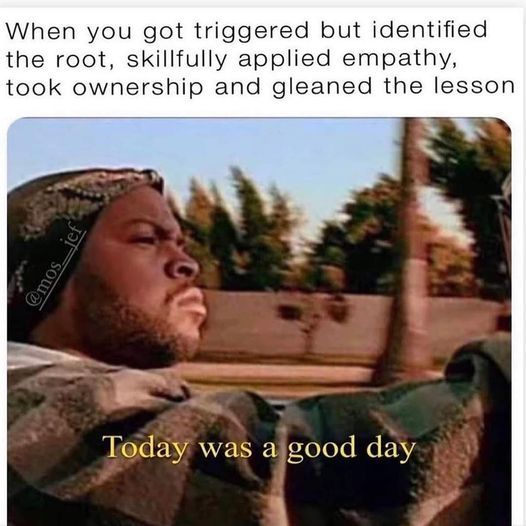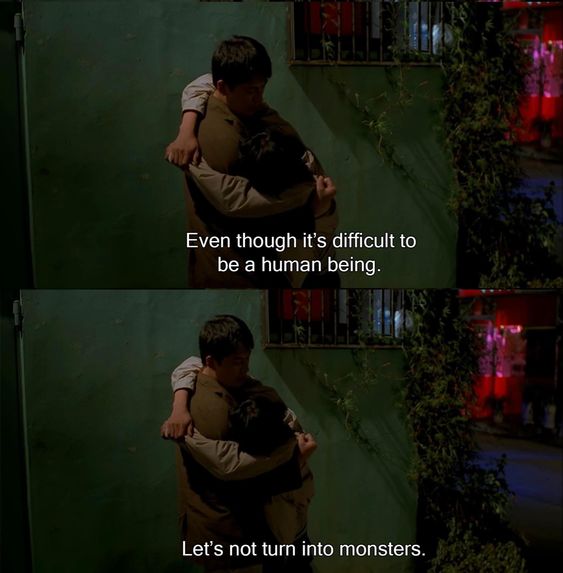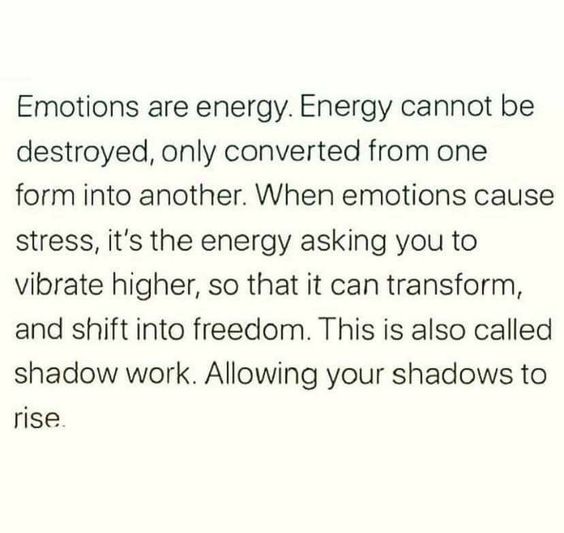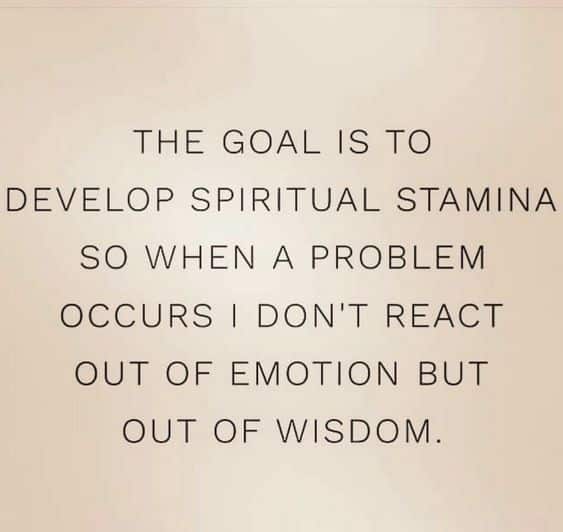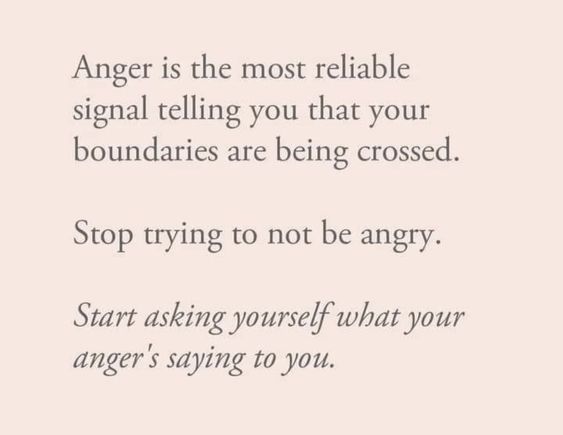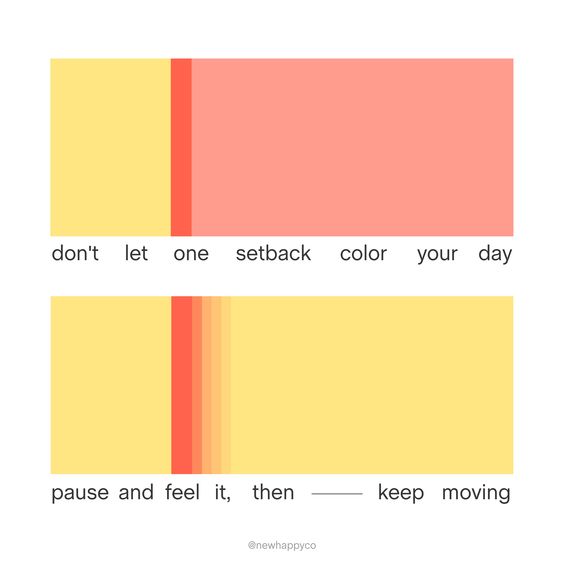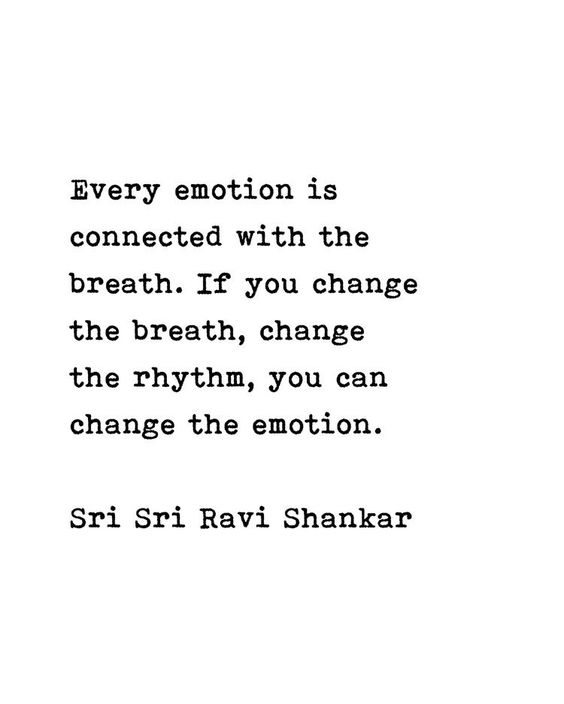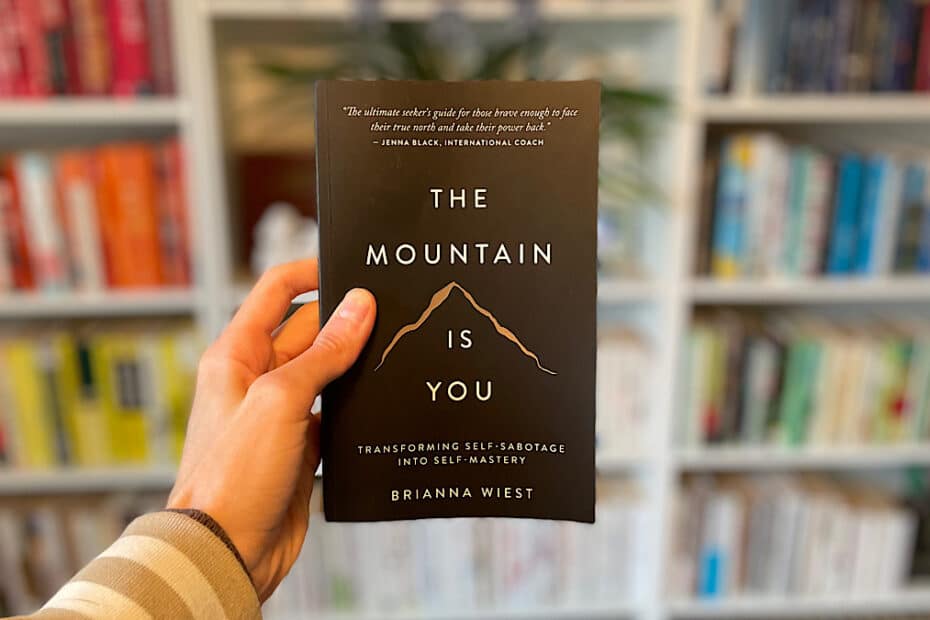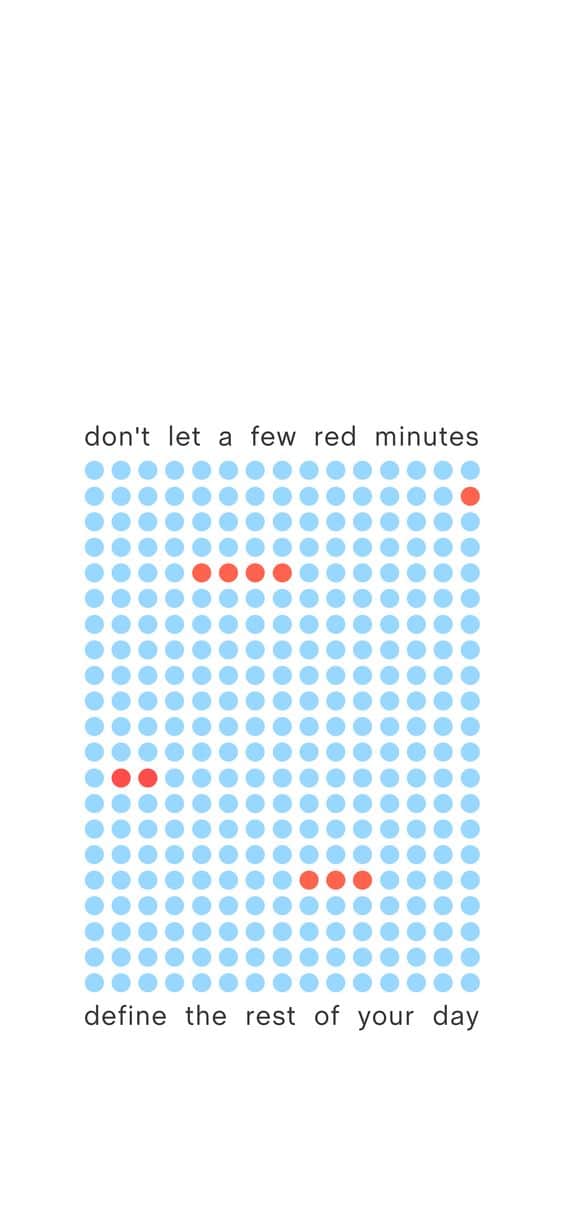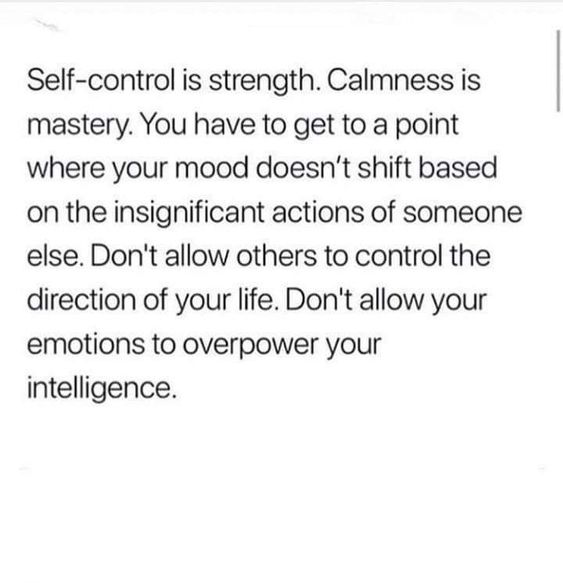“Learning to observe and tolerate your physical reactions is a prerequisite for safely revisiting the past. If you cannot tolerate what you are feeling right now, opening up the past will only compound the misery and retraumatize you further.”
Bessel van der Kolk, The Body Keeps The Score (Page 211)
“There are no outside causes of happiness or unhappiness; these things are just excuses. By and by we come to realize that it is something inside us that goes on changing, that has nothing to do with outside circumstances.”
Osho, Everyday Osho (Page 25)
“Consider the difference between saying ‘I am sad’ and ‘I feel sad.’ Similar as those two statements may seem, there is actually a profound difference between them. ‘I am sad’ is a kind of self-definition, and a very limiting one. ‘I feel sad’ suggests the ability to recognize and acknowledge a feeling, without being consumed by it. The focusing skills that are part of mindsight make it possible to see what is inside, to accept it, and in the accepting to let it go, and, finally, to transform it.”
Daniel J. Siegel, Mindsight
“Writing in a journal activates the narrator function of our minds. Studies have suggested that simply writing down our account of a challenging experience can lower physiological reactivity and increase our sense of well-being, even if we never show what we’ve written to anyone else.”
Daniel J. Siegel, Mindsight
“There is nothing manly in being angry, but a gentle calm is both more human and therefore more virile. It is the gentle who have strength, sinew, and courage—not the indignant and complaining. The closer to control of emotion, the closer to power. Anger is as much a sign of weakness as is pain.”
Marcus Aurelius, Meditations (Page 111)
48 Brianna Wiest Quotes from The Mountain Is You on Self-Sabotage and Healing
Excerpt: Why do we self-sabotage? How can we heal? Where do we start? These Brianna Wiest quotes from The Mountain Is You will help (tremendously).
Read More »48 Brianna Wiest Quotes from The Mountain Is You on Self-Sabotage and Healing
“What we feel within us functions like an invitation for others to join us and feel the same, whether it is dense and heavy emotions or light and caring ones. It is easy to get angry when someone close to you is angry because the anger of the past that is already deep within your subconscious gets activated and pulled to the surface. This is why one of the biggest signs of maturity is being able to dwell in the mind state of your choice, even if others are putting negativity out into the space you are sharing.”
Yung Pueblo
“Your emotional backlog is like your email inbox. When you experience emotions, it’s as though you’re getting little messages from your body stacking up one at a time. If you don’t ever open them, you end up with 1,000+ notifications deep, totally overlooking crucial information and important insights that you need to move your life forward.”
Brianna Wiest, The Mountain Is You (Page 158)
“If you want to master your life, you have to learn to organize your feelings. By becoming aware of them, you can trace them back to the thought process that prompted them, and from there you can decide whether or not the idea is an actual threat or concern, or a fabrication of your reptilian mind just trying to keep you alive.”
Brianna Wiest, The Mountain Is You (Page 95)
“By accepting people, by understanding and if possible even loving them for their human nature, we can liberate our minds from obsessive and petty emotions. We can stop reacting to everything people do and say. We can have some distance and stop ourselves from taking everything personally. Mental space is freed up for higher pursuits. Once we feel the exhilarating power from this new attitude, we will want to take it as far as possible.”
Robert Greene, The Daily Laws (Page 399)
